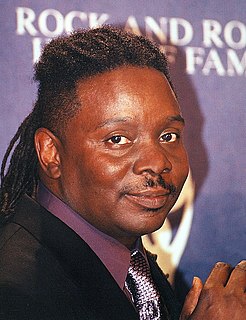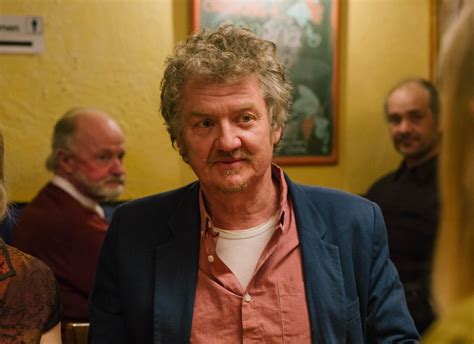A Quote by Chuck Mangione
Brazilian music has many of the ingredients that I strive for in my own music: Strong melodies and a disciplined but intense rhythmic concept, and interesting harmonies.
Related Quotes
People always focus on people like me who use synthesizers, right, which are explicitly electronic and therefore obvious. "Ah, yes, that's electronic music." But they don't realize that so is the concept of actually taking a piece of extant music and literally re-collaging it, taking chunks out and changing the dynamics radically and creating new rhythmic structures with echo and all that. That's real electronic music, as far as I'm concerned.



































